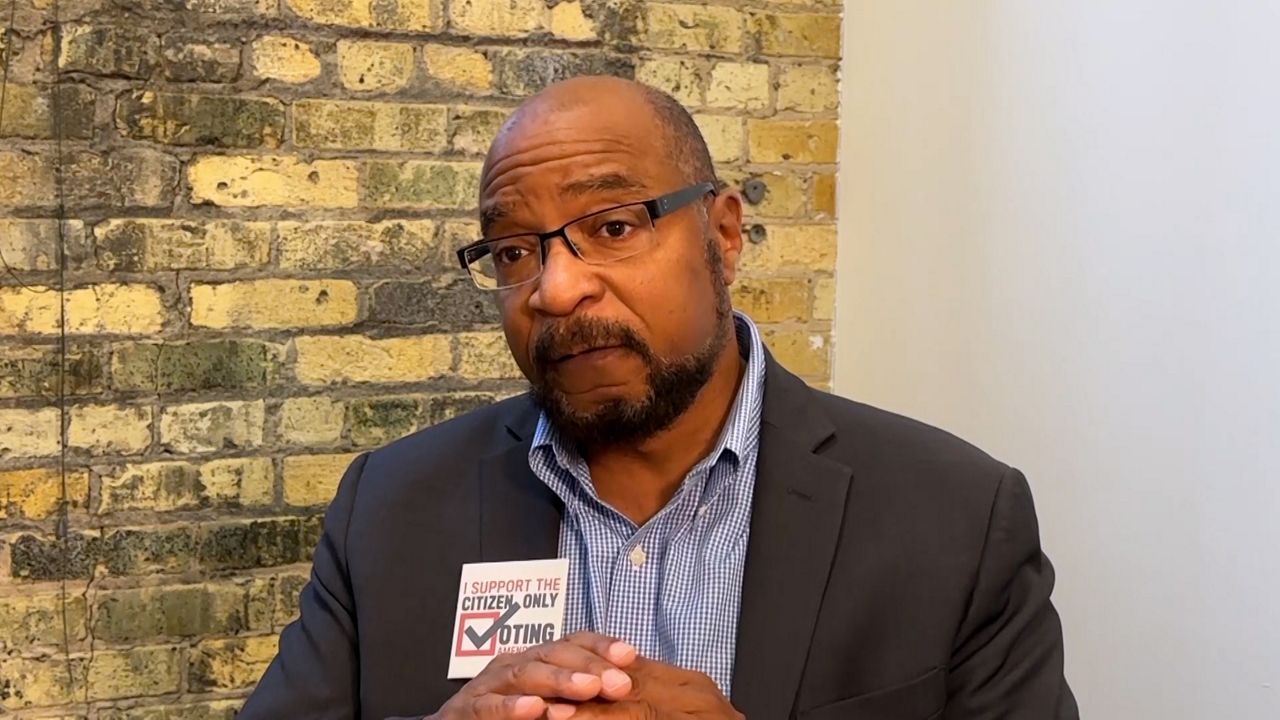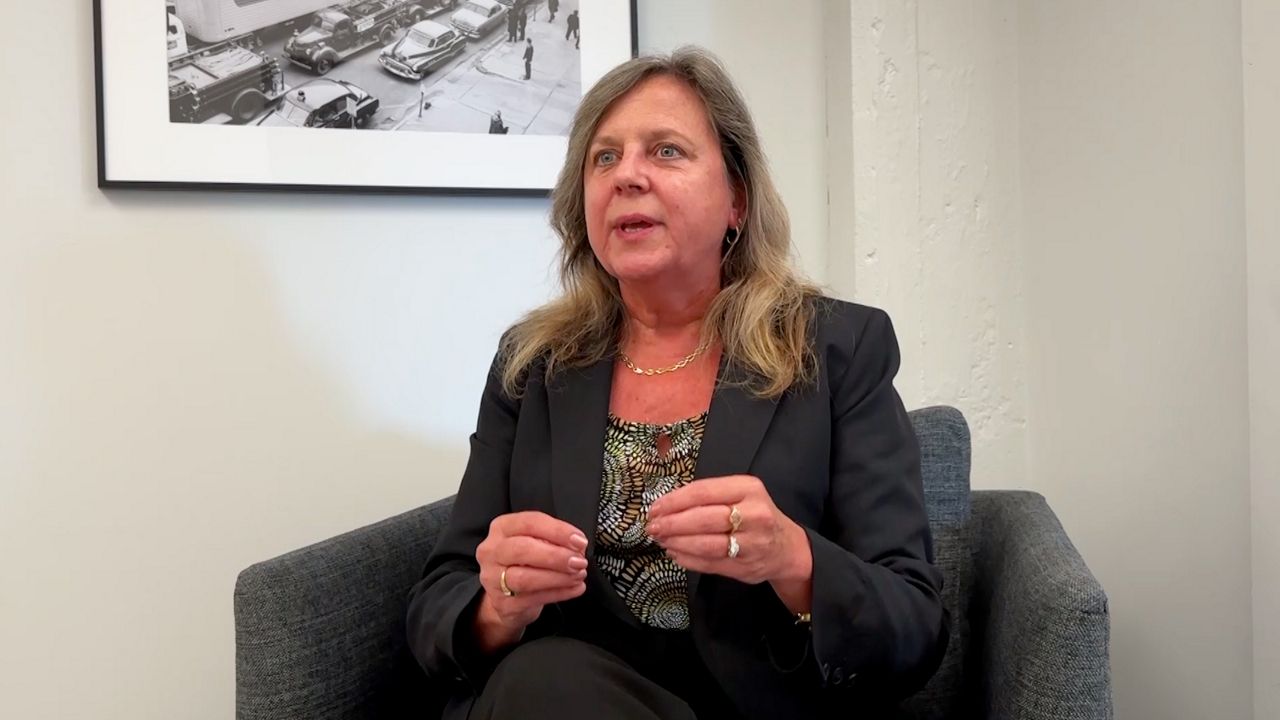MADISON, Wis. — When Wisconsin voters head to the polls in November they will, once again, be asked to weigh in on a question that, if approved, would change the state’s constitution.
This time, the measure has to do with whether Wisconsin should prevent allowing a noncitizen to vote in the future.
To be clear, federal law already prohibits noncitizens from voting in federal elections as has been the case since 1996 when Congress passed the Illegal Immigration Reform and Immigrant Responsibility Act.
Across the country, noncitizens also can’t vote in state elections, including for governor or state lawmakers. With that being the case, Wisconsin voters are being asked about the local level and whether the constitution’s current language on qualifications for voting is clear enough when it comes to noncitizens voting.
A “yes” vote would change part of the state’s constitution by swapping the word “every” for the word “only,” and by listing the types of elections covered, to read:
Only a United States citizen age 18 or older who is a resident of an election district in this state is a qualified elector of that district who may vote in an election for national, state, or local office or at a statewide or local referendum.
A “no” vote would keep the current wording of Article III, Section 1 of the Wisconsin Constitution:
Every United States citizen age 18 or older who is a resident of an election district in this state is a qualified elector of that district.
Right now, there are only 17 municipalities in the United States that allow noncitizens to vote in local elections across Maryland, Vermont, California, and Washington, D.C.
Seven states already explicitly prohibit noncitizen voting in state and local elections, while another eight, including Wisconsin, have measures on the ballot this year.
No municipality in Wisconsin has recently allowed or currently allows noncitizens to vote in local elections.
Republican lawmakers in the Wisconsin Legislature voted in two consecutive sessions to put the amendment on the ballot.
Americans for Citizen Voting want you to say “yes” on November 5. Will Martin serves as the Wisconsin State Director for the organization.

“You’ll hear from some opponents, ‘This is unnecessary because no one’s actually doing this right now in the state of Wisconsin.’ Well, great—we want to make sure it stays that way,” Martin explained. “Do we really want noncitizens determining who the mayor is, who the city council members are, who your school board members are, or voting on a referendum that would raise your taxes? We just think these are questions that should be left to only citizens and that’s what this amendment does.”
Martin believes the effort is about avoiding an entire issue altogether.
“There’s nothing racist, there’s nothing divisive about ensuring only citizens,” Martin added. “Today, it says ‘every citizen,’ that’s the language of the state constitution, and it’s the language of most state constitutions, but, in some cases, courts have interpreted that while it’s been very clear about citizens’ rights, it’s been silent on noncitizens’ right to vote, which has allowed the door to be opened for noncitizens to vote in local elections.”
The League of Women Voters of Wisconsin hopes you’ll vote “no.”
“What we’re seeing is a very gerrymandered legislature asking the people to give them something that they weren’t otherwise going to get,” Debra Cronmiller, who serves as executive director of the League of Women Voters of Wisconsin, said.
Cronmiller, who opposes the question, feels it is a solution in search of a problem.

“Our elections are safe and secure. We know only eligible voters are voting. Why are we being asked to answer a question that presumes something is happening other than that? That’s false—that’s a false assumption,” Cronmiller stated. “The ‘every’ in our constitution when it comes to who has suffrage is a guarantee that every eligible citizen will be able to vote, and ‘only,’ a change to ‘only,’ is a limitation. It is no longer a guarantee for all eligible voters to have that suffrage.”
This is the fifth question about whether to amend the state’s constitution that Wisconsin voters have been asked this year.
In April, voters approved two changes than banned private grant money in elections and clarified who can help administer elections.
During the August primary, voters rejected two changes that would have given the legislature power over spending federal funds.
Since 1848, the Wisconsin Constitution has been ratified nearly 150 times.



